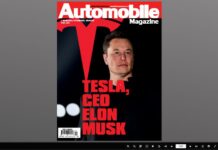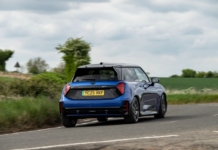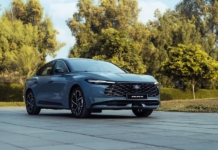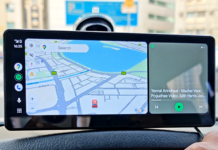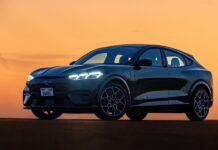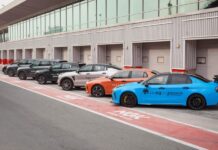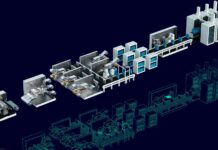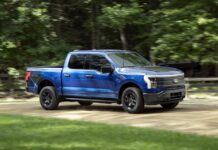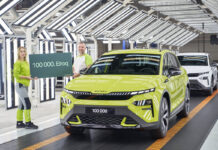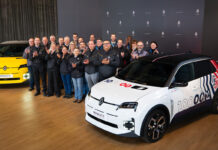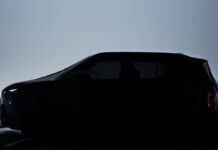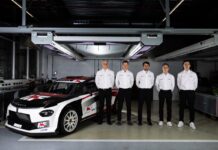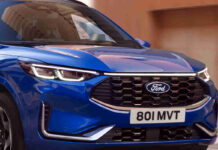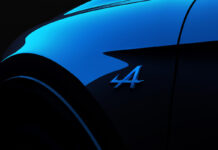Porsche’s ongoing move away from electric vehicles has taken another significant step, with the German brand confirming in an official statement that its new generation electric platform, planned for launch in the early 2030s, will now be delayed, and that Porsche’s intriguingly-named “brand defining vehicle models” will remain available with combustion engines for the foreseeable future. Porsche had previously announced that half of its sales would come from either hybrid or all-electric models by 2025 – a claim that, given its recent sales figures, is a long way from being realized – and that 80 percent of its worldwide sales would come from electrified vehicles by 2030. This new and official “realignment” of Porsche’s product strategy, however, confirms that the product range will be “supplemented by brand-defining vehicle models with combustion engines.” In other words, if any of you thought the 911 (Turbo S or otherwise) was going to disappear and be replaced by an electric alternative any tome soon, you can very much think again.
Cayenne And Panamera To Retain ICE Engine; New ‘K1’ ICE-d
2025 Porsche Panamera Turbo S E-HybridCredit: Porsche
Though Porsche does not actively state which future EVs have been delayed (or potentially canceled altogether), the brand does confirm that combustion and plug-in hybrid examples of the Panamera and the Cayenne – Porsche’s two luxury flagships and among its bestsellers, including the Turbo S E-Hybrid – will remain available “well into the 2030s.” Plans for any next generation, and potentially electric, “successor models” have been added to Porsche’s future Cycle Plan. This means, given that the current generation Panamera, for example, only arrived in 2023, we’re unlikely to see a full EV replacement until the mid-2030s.
“Today we have set the final steps in the realignment of our product strategy. We are currently experiencing massive changes within the automotive environment. That’s why we’re realigning Porsche across the board…In doing so, we want to meet new market realities and changing customer demands – with fantastic products for our customers and robust financial results for our investors.”
-Porsche CEO Oliver Blume
On top of this, Porsche also states that a newer, larger accompaniment to the Cayenne – dubbed the K1, development of which has been ongoing for nearly two years– will now be offered exclusively as a combustion-engined and/or plug-in hybrid model at launch. This had originally been scheduled for 2027, although, with development of the K1’s all-EV platform now set to be scrapped and a larger version of the Cayenne’s architecture presumably to be used instead, this will likely be delayed.
New EV Platform Delayed; Current Porsche EV Production Will Continue
Production of Porsche’s existing electric range – including the electric Macan and the Taycan – will continue as planned and be “continuously updated,” meaning the launch of the all-electric replacements for the 718 Boxster/Cayman and the 2026 Cayenne EV will continue as planned. Development of Porsche’s new all-electric platform, however, has now been rescheduled later into the 2030s. Far from being Porsche-exclusive, the platform will now be developed “in coordination with other brands” under the Volkswagen umbrella, meaning the architecture will also have to suit upcoming EVs from Audi, VW and Bentley. Porsche in particular cites that the slower than expected consumer demand for EVs, plus “massive changes” in the automotive industry that have hit the company hard, have forced the company’s hand to change its strategy. This announcement follows recent news that Porsche has canceled plans to build its High-Performance Battery facility.






